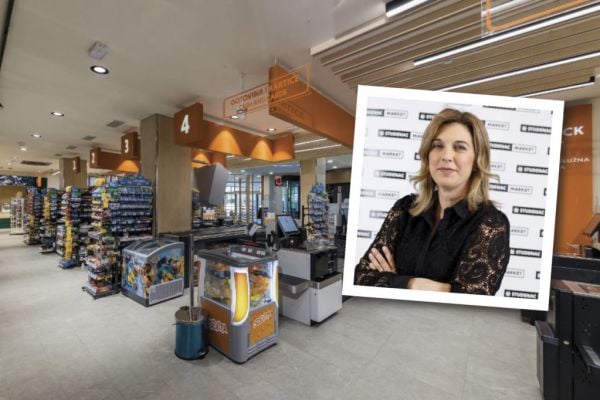Procter & Gamble Co. should focus on making soap, not soap operas.
The consumer-goods giant's proxy battle with activist investor Nelson Peltz has cost it tens of millions of dollars and months of management's time, all of which could have been better spent elsewhere. But P&G is still not giving up the fight.
First it appeared as if Peltz had lost his bid for a board seat by the slimmest of margins. Then an independent inspector found that Peltz, who heads Trian Fund Management LP, had actually been victorious -- with a mere 42,780 share advantage. And now, P&G, while not formally challenging those findings (yet), is holding off on granting Peltz a seat until it can review the inspector's final numbers.
"Let it Go"
Whether Peltz won or lost, it's going to be very, very close. What that means is that a significant percentage of P&G's shareholder base voted for change and the opportunity for Peltz to inject his perspective into the company's turnaround plan. You can nitpick over the specific number, but that's a pretty clear message.
P&G has been dragging its feet on accepting this reality, and frankly, it's gone on long enough. You don't need a final tally to realize it's time to move on.
This whole proxy fight has never really made much sense. P&G was never able to articulate clearly why adding just one person to its board with some different thoughts about how to run things was such a horrible idea.
If Peltz does in fact lose out in the end, does P&G think he's just going to quietly pack up and move onto the next target? Or that his criticisms will ring any less true with investors? There's something to be said for having Peltz give his opinions inside the boardroom rather than raising a public ruckus and riling up other shareholders.
Solving the Problems
Instead of focusing on director musical chairs, P&G executives should be channeling all their energy into solving the problems that led Peltz to make his move in the first place. The activist investor has said P&G needs to become more nimble so it can respond more quickly and effectively to competitive threats.
Case in point: Organic sales for its grooming division were down 6 percent last quarter compared with a year earlier as P&G works to become more price-competitive with upstart rivals in the U.S. market. Baby-care organic sales fell "mid-single digits," in part because of an increasingly crowded European market.
And P&G doesn't seem to have a great plan of attack for industrywide softness in the U.S. market for certain household goods. When asked about it on an October investor call, CFO Jon Moeller said, "we’ve been unable to put our finger on why this has been." That's a pretty discouraging answer and one that suggests P&G ought to be devoting more firepower to determine what's going on with consumers and creating innovative products that might jolt them into stronger spending.
P&G actually seems to agree with Peltz on some strategies, Exhibit A being its purchase of upstart deodorant brand Native earlier this month. Native is exactly the kind of smaller, faster-growing brand Peltz has said P&G should invest in.
With the Thanksgiving holiday upon us, it may be time for P&G to embrace the spirit and start working with a sense of cooperation.
This column does not necessarily reflect the opinion of Bloomberg LP and its owners.
News by Bloomberg, edited by ESM. Click subscribe to sign up to ESM: The European Supermarket Magazine.














